
The world of financial markets is constantly evolving, and one of the most dynamic sectors within it is Contract for Difference (CFD) trading. In 2025, CFD trading has gained even more attention, not just because of technological advancements, but also due to growing political shifts around the globe. From elections to new regulations and geopolitical conflicts, politics has played a key role in shaping how traders view and interact with the forex market.
Political Events and Market Volatility
CFD trading is particularly sensitive to news and political events. Because CFDs are derivative instruments that allow traders to speculate on the price movements of various financial assets-such as currencies, commodities, indices, and stocks-any disruption or uncertainty in global politics can trigger large market swings. In 2025, we've seen this play out multiple times.
For instance, the U.S. presidential election created weeks of volatility, especially in sectors tied to energy and technology. Traders speculating on oil prices or tech stock indices using CFDs saw major price moves following campaign speeches, debates, and early election results. Likewise, the political instability in Eastern Europe and increasing tensions in the South China Sea have kept defense, energy, and commodity CFDs extremely active.
These events highlight a fundamental truth in CFD trading: political uncertainty often equals opportunity. For traders who follow the news closely and understand how political decisions impact economic performance, CFD trading in 2025 has offered both risks and rewards.
Regulatory Changes and the CFD Industry
One of the most direct ways politics has influenced CFD trading is through regulation. Over the past few years, governments and financial regulatory bodies have sought to tighten the rules around leveraged trading and speculative instruments. In 2025, several major economies, including the European Union, Australia, and Canada, have introduced stricter guidelines for CFD brokers.
These regulations include leverage caps, mandatory risk warnings, and stricter criteria for brokers to advertise and onboard clients. While some view these measures as a burden, they have brought more transparency and security to the industry. Traders now have greater protection against high-risk losses, and the market is less likely to be manipulated by rogue operators.
In response, CFD brokers have adapted by investing in better educational tools, offering more transparent platforms, and implementing more responsible leverage structures. This has helped the industry mature, attracting a more informed group of traders and encouraging long-term sustainability.
Political Influence on Interest Rates and Currencies
One of the most popular CFD assets is forex, or currency trading. In 2025, interest rate decisions driven by political agendas have had a huge impact on forex CFD markets. Central banks in countries like the United States, Japan, and the United Kingdom have had to balance political pressure with economic indicators when setting interest rates.
In some cases, governments have influenced central banks to keep interest rates low to encourage spending and economic growth. In others, rates have risen to combat inflation-an issue that remains politically sensitive. For CFD traders, these decisions affect the relative strength of currencies, leading to opportunities in both major and minor forex pairs.
Moreover, political decisions surrounding trade agreements, tariffs, and international relations have added another layer of complexity. For example, new trade pacts in South America and Asia have shifted investor interest toward emerging market CFDs, which can offer high volatility and strong returns.
The Rise of Prop Trading as a Reliable Income Source
While politics has introduced uncertainty into CFD markets, it has also helped fuel the growth of prop trading firms like TenTrade . These firms allow skilled traders to use company capital to trade, including in CFD markets, in exchange for a share of the profits. In 2025, prop trading has become a popular career path for talented individuals who want to earn significant income without risking their own savings.
Prop trading firms often provide intensive training, access to premium trading platforms, and powerful risk management tools. This support system makes it easier for traders to focus on their strategies and grow their accounts. Since these firms profit when their traders profit, there's a mutual benefit. As a result, prop trading has become not only a potential income source but also a launching pad for professional careers in finance.
In today's political and economic climate, many people are looking for flexible and independent ways to generate income. Prop trading, especially in CFD markets, fits that need perfectly. With more firms offering remote opportunities, low entry barriers, and performance-based rewards, it's no wonder that prop trading is booming in 2025.
Conclusion
Politics and CFD trading are more connected than ever. From geopolitical conflicts to monetary policy and regulations, political forces in 2025 continue to shape the way CFD traders approach the markets. While political uncertainty introduces challenges, it also creates trading opportunities that can be leveraged by those who are well-prepared.
At the same time, the rise of prop trading has given motivated individuals a chance to earn a meaningful income by trading CFDs with institutional support. In this rapidly changing financial landscape, those who stay informed and adapt to political developments are likely to find success in the CFD trading world.

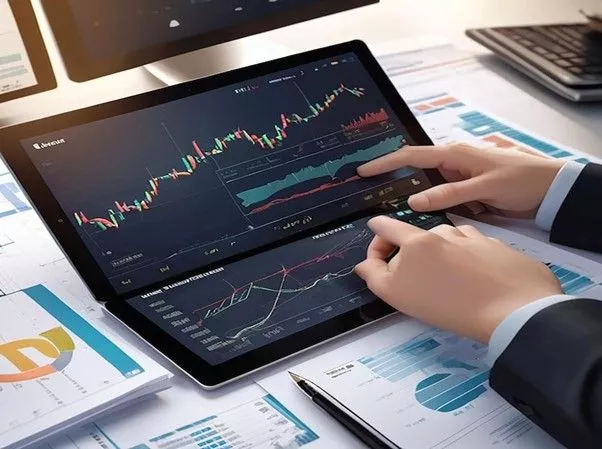
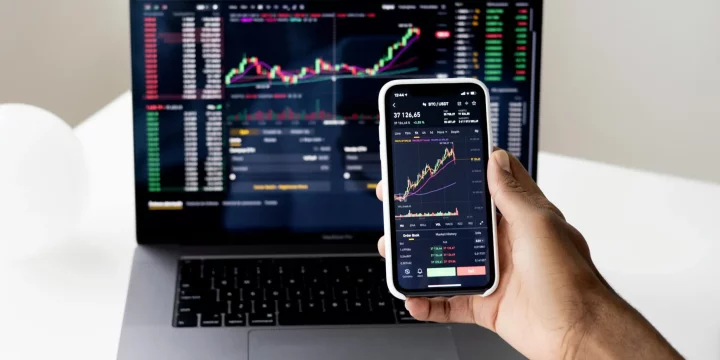
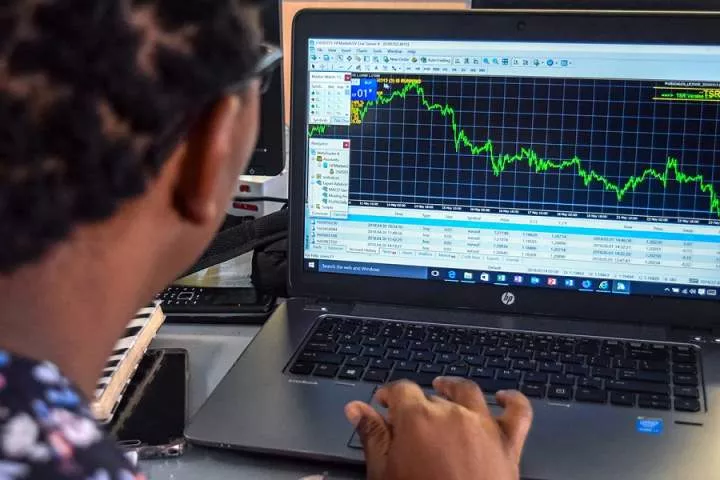

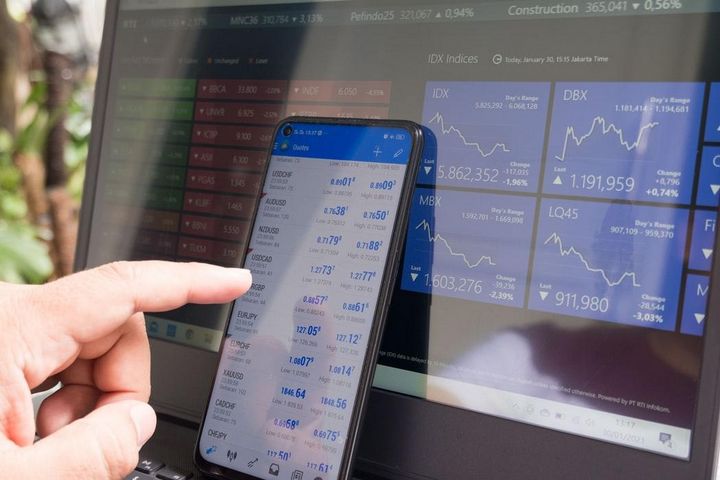
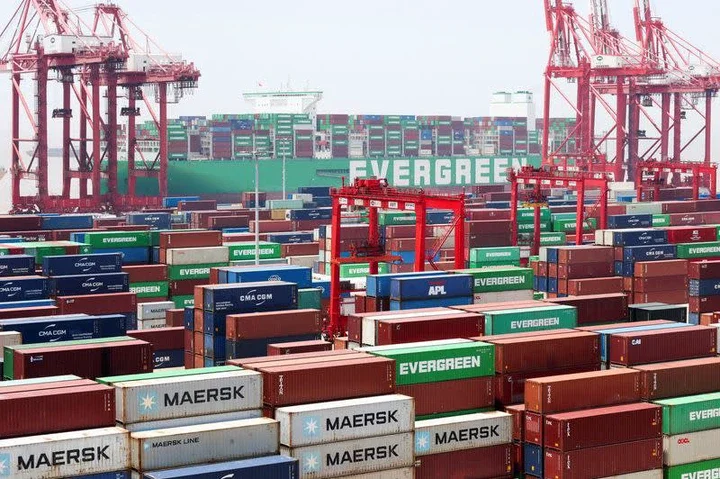

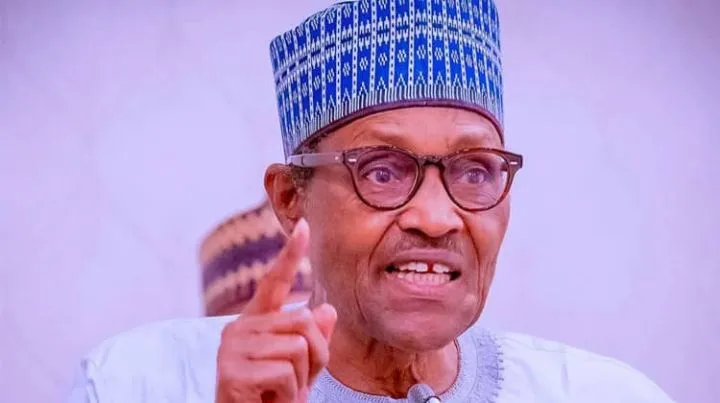








Comments